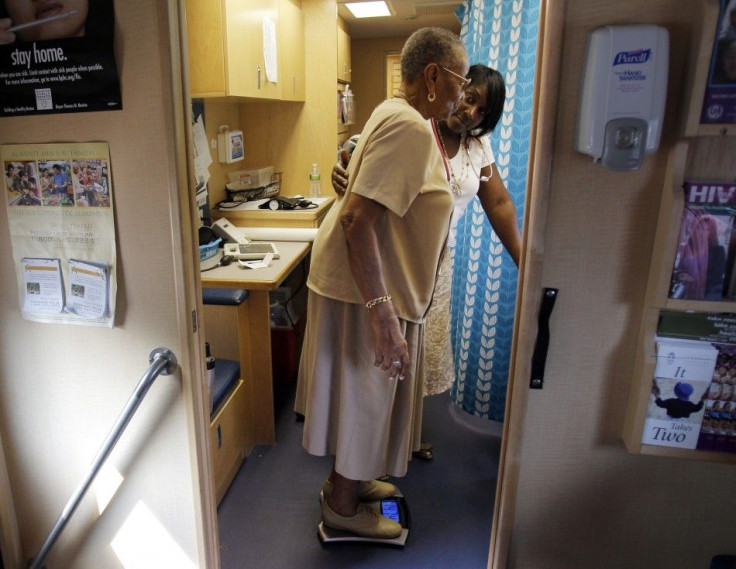Gene Linked to High Asthma Risk in African-Americans Discovered

Researchers found a gene, PYHIN1, and its variations may account for a large proportion of asthma risk in people of African descent. In particular, one polymorphism of the gene was 34 percent more likely found in African-American and Afro-Caribbean people with asthma.
Scientists at the EVE Consortium, whose main goal is to identify why groups of individuals are more susceptible to asthma, are working to research the cause of the gene variants, but suspect possible reasons to include environmental exposures or differences in genetic risk factors.
In the study, published in Nature Genetics, the researchers found that between 26 percent and 29 percent of people of African-descent carried at least one copy of the gene, while the variant of the gene was found in less than 5 percent of Caucasian people and those of the Latino population.
Researchers examined data from nine previous genome-wide association studies, totaling more than 2 million single nucleotide polymorphisms in 3,246 asthma patients and 3,385 control patient, 1,702 patient-parent groupings, 355 family-based cases, and 468 family-based controls.
The study pooled together data from nine independent research groups, including nearly 6,500 patients, about half of which had asthma, which included Caucasian people, Latin Americans and African-Americans.
The group of researchers also found four other genes significant for asthma risk assessment: the 17q21 locus, and IL1RL1, TSLP, and IL33 genes, according to a press release.
The four genes found besides PYHIN1 were important findings since they were trans-ethnic among all of the groups studied.
"We now have a really good handle on at least five genes that anyone would be comfortable saying are asthma risk loci," Carole Ober, PhD, senior author and co-chair of the EVE Consortium, told reporters. "I think it's an exciting time in asthma genetics."
Important Triggers of Asthma:
Environmental Tobacco Smoke (Secondhand Smoke)
Environmental tobacco smoke is often called secondhand smoke because the smoke created by a smoker is breathed in by a second person nearby.
Dust Mites
Dust mites are in almost everybody’s homes, but they don’t cause everybody to have asthma attacks.
Outdoor Air Pollution
Pollution caused by industrial emissions and automobile exhaust can cause an asthma attack.
Cockroach Allergen
Cockroaches and their droppings may trigger an asthma attack. At least every 2 to 3 days, vacuum or sweep areas that might attract cockroaches.
Pets
Furry pets may trigger an asthma attack. When a furry pet is suspected of causing asthma attacks, the simplest solution is to find the pet another home.
Mold
Inhaling or breathing in mold can cause an asthma attack.
(List from U.S. Centers for Disease Control and Prevention, CDC)
© Copyright IBTimes 2025. All rights reserved.





















